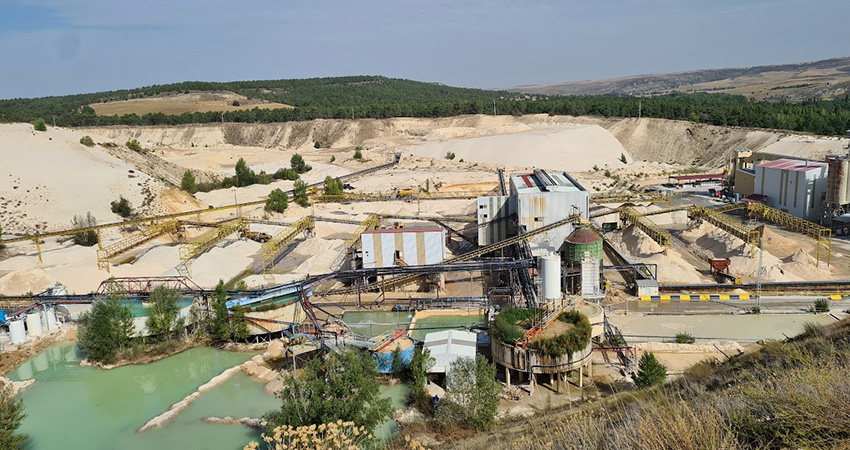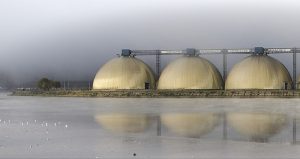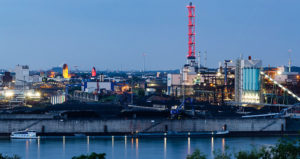Availability of industrial water in Europe in dire straits

-
 Esther Rasenberg
Esther Rasenberg
Share article:
The availability of industrial water in Europe is in dire straits. Higher rates, mandatory transparency about water use, stricter permits for the extraction of groundwater and tightened standards for discharging wastewater. The industry in Europe is increasingly confronted with restrictions on water use.
The industry is the biggest user of Europe’s water. With a use of 45 percent, the European industry uses more water annually than agriculture (30%). According the 2023 UN World Water Development report in other parts of the world, agriculture is the largest user of water. Also the recent manifesto ‘The strategic value of water’ by the European Water Asscociation (EWA) states the water risks for European companies are increasing. ‘In many European regions, local economic actors and populations are already facing water scarcity. Food and energy production have also been affected by lack of water in some parts of the continent.’
Water pricing is key
Brussels urges companies to put saving water high on their agenda. European Commissioner Sinkevičius said during Water Innovation Europe in the summer of 2023 that companies simply use too much water. “We have to face that and tackle the causes, such as low prices. We must abolish subsidies that encourage excessive water consumption. And by using water footprints we can drive efficiency and identify unsustainable water use.”
Disclose water use
Since January 2023, companies with operations in Europe have been required to disclose information about their water use and water resources. In the EU, the protection of water resources is one of the objectives of the Corporate Sustainability Reporting Directive. This directive obliges companies to submit annual sustainability reports in addition to their annual accounts.
Availability of water
“We notice that the availability of industrial water is becoming increasingly important for companies,” says senior researcher Frank Oesterholt of KWR Water Research Institute in the Netherlands. The research institute annually facilitates the Dutch Industrial Water Network Group, a group of about twenty companies. A few years ago we asked members via a survey about the most current topics for the future. ‘Availability of water’ was number one. The companies ask themselves a lot of questions. How do we ensure sufficient water of suitable quality? How do we deal with extremely dry periods? How will the costs of water develop in the future?
Companies are looking for solutions
These companies are not taking a wait-and-see approach, but are eagerly looking for solutions. They look at how they can use water more intelligently, how they can reuse water or how they can close the water cycle. Oesterholt: “We note that drinking water companies are increasingly considering whether there is sufficient supply available and if drinking water quality is necessary for industrial use. The subject of availability is becoming more and more urgent.”
Long term contracts
Other European countries are also increasingly struggling with the availability of industrial water. The largest institute for economic research in Germany, DIW, recently published a report showing that industrial water users in Germany are better off than other water users. This is due to long-term contracts for the extraction of groundwater at low prices. In a period of scarcity, industry rates will therefore not increase. For example, Tesla established a production facility for electric cars near Berlin in 2022 with a permit to extract 1.4 million cubic meters of groundwater every year for 30 years. The availability of water is therefore becoming increasingly important for companies.
European comparison of industrial water prices
Comparing the prices of industrial water between different European Member States is complex. Different rates apply for the use of the infrastructure and the actual amounts of water used. Permits for the extraction of groundwater play a crucial role. In some regions, groundwater extraction is free. The quality of the water used also varies greatly. In the Netherlands, companies are switching from drinking water to reusing municipal wastewater or surface water. Water prices are important for industry, but the availability of water is even more important.


















